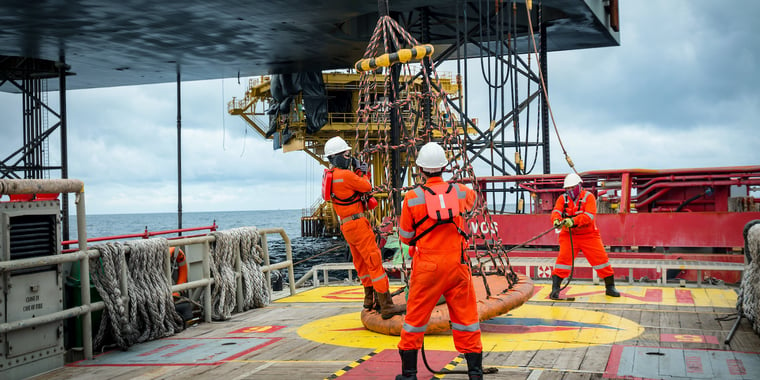Even though the weather might sometimes be a rather cursory factor to take into account when planning or executing your maritime operations, a high-performance weather forecast can save time and money and can mean the difference between accomplishing your operational goals in time or not.
At Infoplaza we work around the clock on optimizing our weather and wave forecasts in order to provide our clients with high-end data and the best associated risk analysis possible. But what makes a maritime weather forecast really stand out? And how do we come to reliable products capable of supporting all kinds of naval operations? Let’s find out now.
Increased computing power
Nowadays atmospheric models and their continuously increasing computing power are the main underlying force of virtually all weather and wave forecasts. These models provide highly detailed atmospheric parameters around the globe which are used to drive our wave models, which, in their turn, simulate long-waved swells, wind driven waves with shorter wave lengths and associated wave parameters according to the predicted atmospheric conditions.
Usually, this model output is very reliable for locations in rather deep water far offshore where wave energy is transmitted freely without interference of shallows or coast lines. To solve the physical processes that affect the different wave systems in shallow coastal waters or near complex bathymetry, we run multiple high-resolution inhouse models which can be tweaked to match the bathymetry, shape of coast lines and river mouths perfectly. This way processes like refraction, shoaling and diffraction as well as breaking and dissipation are modelled strikingly accurate.
Human interaction is what really makes the difference
With this high-end model output the forecast is, however, only as good as the model’s performance. Eventually it is the postprocessing, data analyses and clear client specific communication done by our experienced meteorologists that makes a maritime forecast really stand out.
The forecaster will always compare the almost infinite amount of model data to observations in the vicinity of the worksite in order to boost model performance for a specific location and tweak the model in such a way that the output suits the observations near perfectly. On top of that, constant verification contributes to an optimized maritime forecast which eventually ends up on your desk.
By versatile, timely and clear communication, we are able to let bad weather only affect your operations for a as short as possible timespan. In other words, decrease your downtime significantly and guide you to the decision point. Because, in the end, your safety and continuity of the offshore operations is what really matters to us.
Are you curious about whether our services can contribute to the success of your operations? Feel free to contact us at any time.
Free resources on marine weather
We share a wide array of resources to guide you to a decision point. Expand your knowledge about the weather and improve your business. From whitepapers to webinars, we got you covered.




